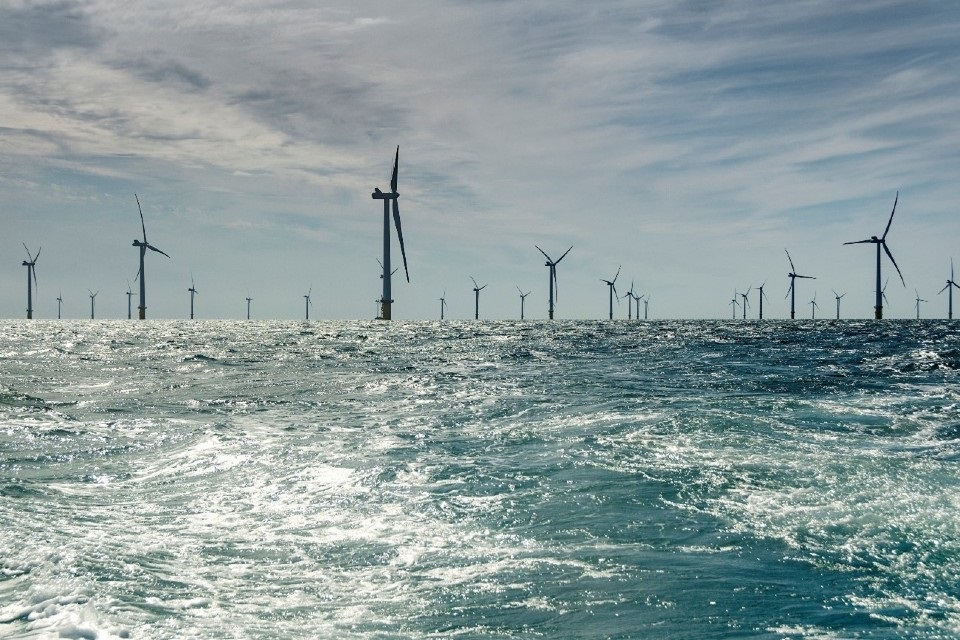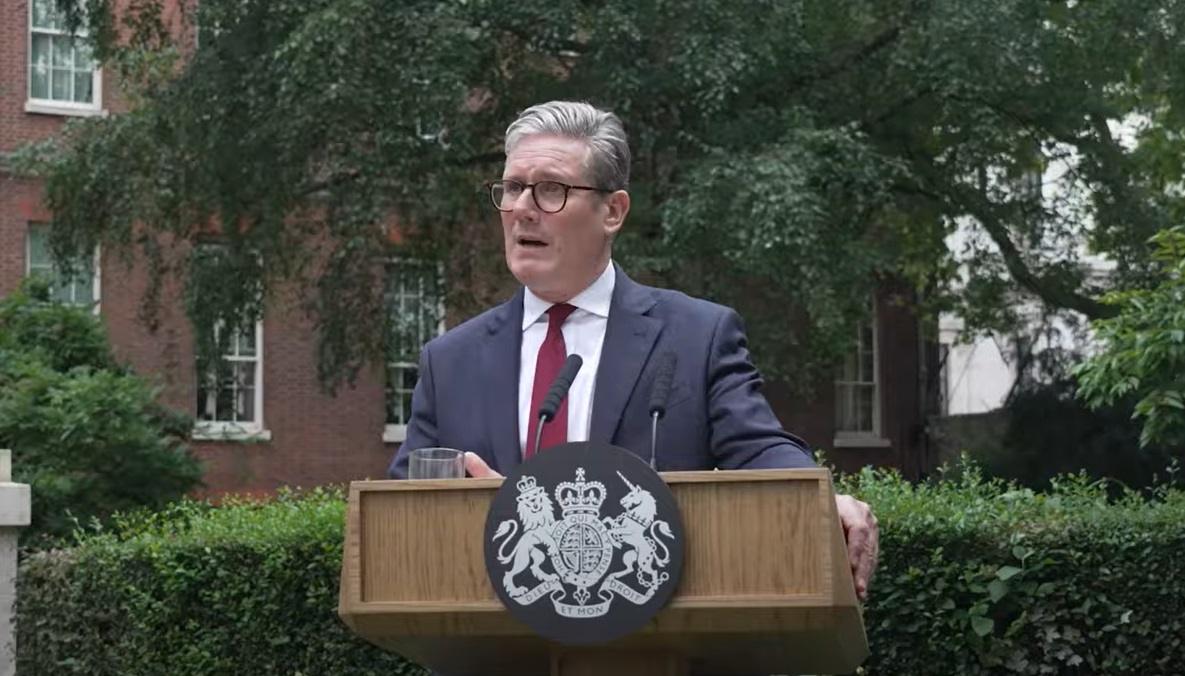European Commission Presents Massive €800 Billion Offshore Wind Strategy
The European Commission has published its new EU Strategy on Offshore Renewable Energy, presenting plans for massive investments in offshore wind capacity over the next several years. The strategy proposes increasing Europe’s offshore wind capacity to 60GW by 2030 – 5x the current level – and to 300 GW by 2050. The Commission estimates the 2050 goal will require investments of nearly €800 billion.
Executive Vice-President for the European Green Deal, Frans Timmermans said:
“Today’s strategy shows the urgency and opportunity of ramping up our investment in offshore renewables. With our vast sea basins and industrial leadership, the European Union has all that it needs to rise up to the challenge. Already, offshore renewable energy is a true European success story. We aim to turn it into an even greater opportunity for clean energy, high quality jobs, sustainable growth, and international competitiveness.”
In order to facilitate the level of required investment and national cooperation to achieve its goals, the Commission outlined numerous steps it will pursue in areas including the provision of legal and regulatory frameworks, mobilisation of funds together with member states, the EIB and other financial institutions, and the improvement and strengthening of manufacturing and supply chains.
Commissioner for Energy, Kadri Simson, said:
“Europe is a world leader in offshore renewable energy and can become a powerhouse for its global development. We must step up our game by harnessing all the potential of offshore wind and by advancing other technologies such as wave, tidal and floating solar. This Strategy sets a clear direction and establishes a stable framework, which are crucial for public authorities, investors and developers in this sector. We need to boost the EU’s domestic production to achieve our climate targets, feed the growing electricity demand and support the economy in its post-Covid recovery.”
Commissioner for Environment, Oceans and Fisheries, Virginijus Sinkevičius, said:
“Today’s strategy outlines how we can develop offshore renewable energy in combination with other human activities, such as fisheries, aquaculture or shipping, and in harmony with nature. The proposals will also allow us to protect biodiversity and to address possible socio-economic consequences for sectors relying on good health of marine ecosystems, thus promoting a sound coexistence within the maritime space.”
The European Commission has published its new EU Strategy on Offshore Renewable Energy, presenting plans for massive investments in offshore wind capacity over the next several years. The strategy proposes increasing Europe’s offshore wind capacity to at 60GW by 2030 – 5x the current level – and to 300 GW by 2050. The Commission estimates the 2050 goal will require investments of nearly €800 billion.
Executive Vice-President for the European Green Deal, Frans Timmermans said:
“Today’s strategy shows the urgency and opportunity of ramping up our investment in offshore renewables. With our vast sea basins and industrial leadership, the European Union has all that it needs to rise up to the challenge. Already, offshore renewable energy is a true European success story. We aim to turn it into an even greater opportunity for clean energy, high quality jobs, sustainable growth, and international competitiveness.”
In order to facilitate the level of required investment and national cooperation to achieve its goals, the Commission outlined numerous steps it will pursue in areas including the provision of legal and regulatory frameworks, mobilisation of funds together with member states, the EIB and other financial institutions, and the improvement and strengthening of manufacturing and supply chains.
Commissioner for Energy, Kadri Simson, said:
“Europe is a world leader in offshore renewable energy and can become a powerhouse for its global development. We must step up our game by harnessing all the potential of offshore wind and by advancing other technologies such as wave, tidal and floating solar. This Strategy sets a clear direction and establishes a stable framework, which are crucial for public authorities, investors and developers in this sector. We need to boost the EU’s domestic production to achieve our climate targets, feed the growing electricity demand and support the economy in its post-Covid recovery.”
Commissioner for Environment, Oceans and Fisheries, Virginijus Sinkevičius, said:
“Today’s strategy outlines how we can develop offshore renewable energy in combination with other human activities, such as fisheries, aquaculture or shipping, and in harmony with nature. The proposals will also allow us to protect biodiversity and to address possible socio-economic consequences for sectors relying on good health of marine ecosystems, thus promoting a sound coexistence within the maritime space.”







